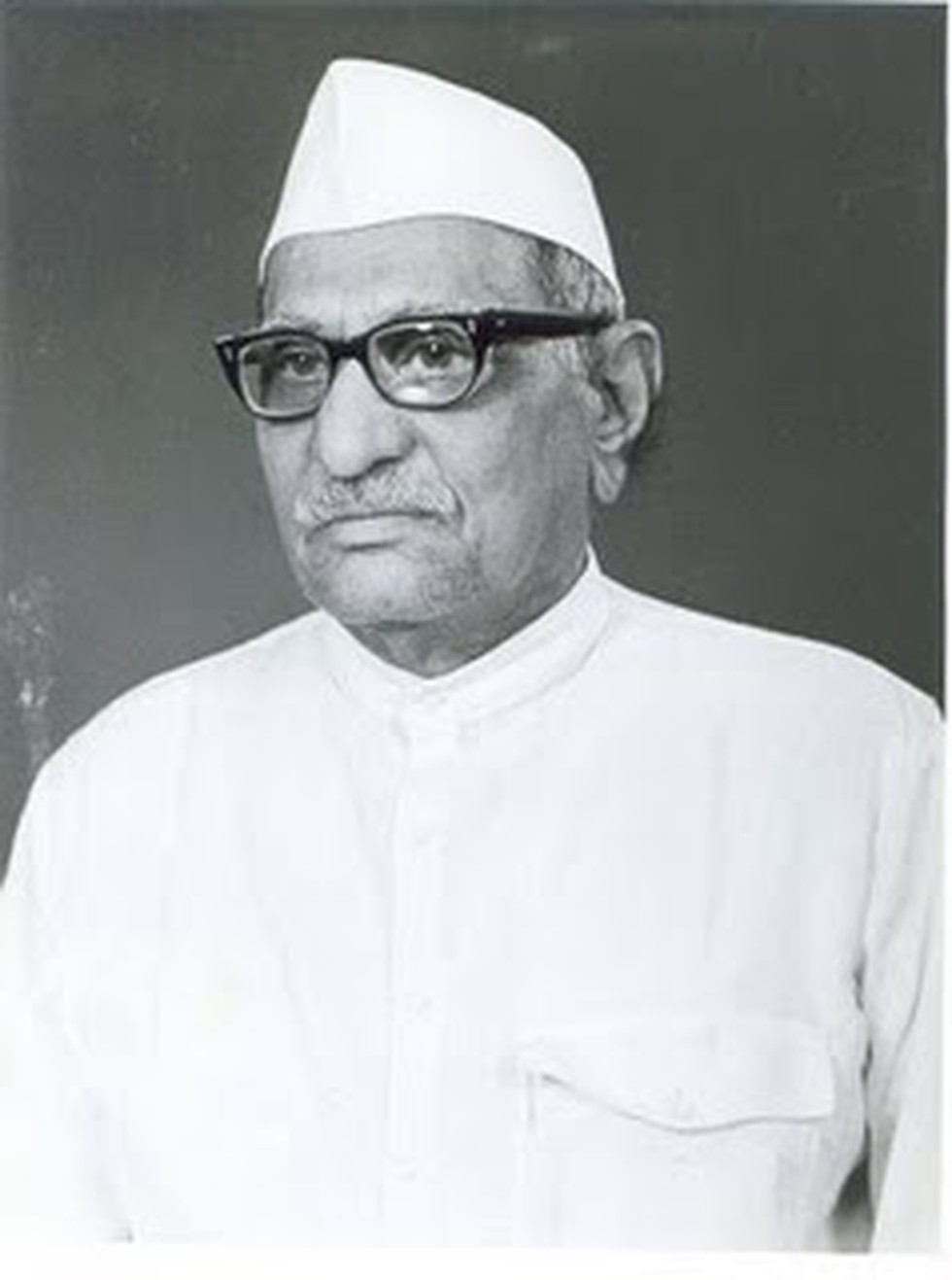About Tribhuvandas Patel:
- Tribhuvandas Kishibhai Patel is an Indian independence activist, lawyer, and politician.
- A follower of Mahatma Gandhi, he is regarded as the father of the cooperative movement in India, most notably in the Kaira District Co-operative Milk Producers' Union in 1946, and the Anand Co-operative movement.
- He was born in 1903 to a farming family in Gujarat.
- He was very much influenced by the philosophy and principles of Mahatma Gandhi.
- He was totally involved in the various movements of Mahatma Gandhi, like civil disobedience, rural development, and the drive against untouchability, alcoholism,
- He was the President of Harijan Sevak Samiti from 1948 to 1983.
- In Nasik in 1930, he was jailed for the first time for the salt satyagraha.
- He was further imprisoned in Visapur in 1930 where he took an oath to dedicate his life for the benefit of the masses at large.
- In 1946, guided by the wisdom of Morarji Desai and inspired by Sardar Vallabhbhai Patel, Tribhuvandas formed the Kaira District Cooperative Milk Producers’ Union Ltd. (KDCMPUL) as a protest against the exploitation of local farmers by Polson Dairy.
- The basic approach adopted by Tribhuvandas Patel was first to establish milk cooperatives in the villages. These co-operatives were literally the “base” of the entire venture.
- He insisted that each village co-operative should be open to all milk producers in the village regardless of caste, creed, or community.
- He invited Dr. Verghese Kurien to KDCMPUL, who later spearheaded the White Revolution in India.
- He was instrumental in establishing the Gujarat Cooperative Milk Marketing Federation (GCMMF), National Dairy Development Board (NDDB), and Institute of Rural Management Anand (IRMA).
- During his lifetime he held various positions and received innumerable recognitions and awards for his outstanding leadership and social service. Some of these awards are:
- Ramon Magsaysay Award from the Philippines in 1963 as a recognition towards his community leadership,
- Padma Bhushan from the Government of India, 1964, towards Social Service.
